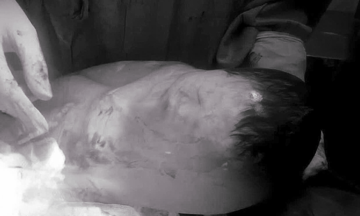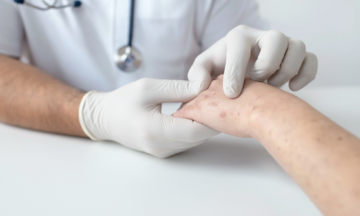Gout, a form of arthritis caused by excess uric acid buildup in the joints, is characterized by sudden, intense joint pain. Lingering discomfort can follow the initial pain, often accompanied by inflammation, redness, and limited mobility.
In early stages, uric acid accumulates in the blood and potentially in the joints without causing noticeable symptoms. Hyperuricemia, a condition of elevated uric acid, is diagnosed when levels exceed 6 mg/dL in women and 7 mg/dL in men.
During an acute gout attack or flare-up, uric acid exits the bloodstream, forming crystals in one or more joints. The resulting symptoms stem from the immune system's response to these crystals.
Gout typically affects a single joint at a time, most commonly the big toe. A gout flare-up generally lasts about 3 days with treatment, and up to 14 days without. Untreated gout can recur, potentially leading to more severe pain and even joint damage.
Common gout treatments include anti-inflammatory drugs, steroids, or Colchicine.
While anti-inflammatories like ibuprofen can be helpful during a gout flare-up, they can cause side effects in some individuals. Consult a doctor before using them.
Anti-inflammatory medication typically takes effect within 3 days. In the meantime, the following home remedies can provide relief:
: Rest and elevate the affected limb (if the pain is in a leg or foot).
: Apply ice packs for up to 20 minutes at a time to keep the joint cool.
: Drink plenty of water.
: Avoid contact between bedding and the affected joint at night to minimize irritation.
If a gout flare-up doesn't subside within 3 days, seek medical attention. Prescription steroids, in either pill or injectable form, may be beneficial.
A blood test to check uric acid levels can help diagnose gout. Beyond medication, lifestyle changes can help shorten gout flare-ups and prevent future occurrences:
: Maintain a healthy weight, as excess weight intensifies gout flare-ups and makes them harder to manage.
: Minimize or eliminate alcohol consumption.
: Drink at least two liters of water daily.
: Exercise regularly, focusing on moderate activities that don't put excessive stress on joints.
: Quit smoking, if applicable.
: Increase your intake of vitamin C-rich foods like citrus fruits, kiwi, strawberries, and bell peppers.
: Follow a low-purine diet. Uric acid is a byproduct of purine breakdown in the body, and it's excreted through urine. While purine occurs naturally in the body, it's also found in many foods. A low-purine diet (reducing alcohol, seafood, organ meats) can help decrease the frequency of gout attacks.
Bao Bao












